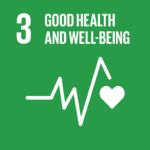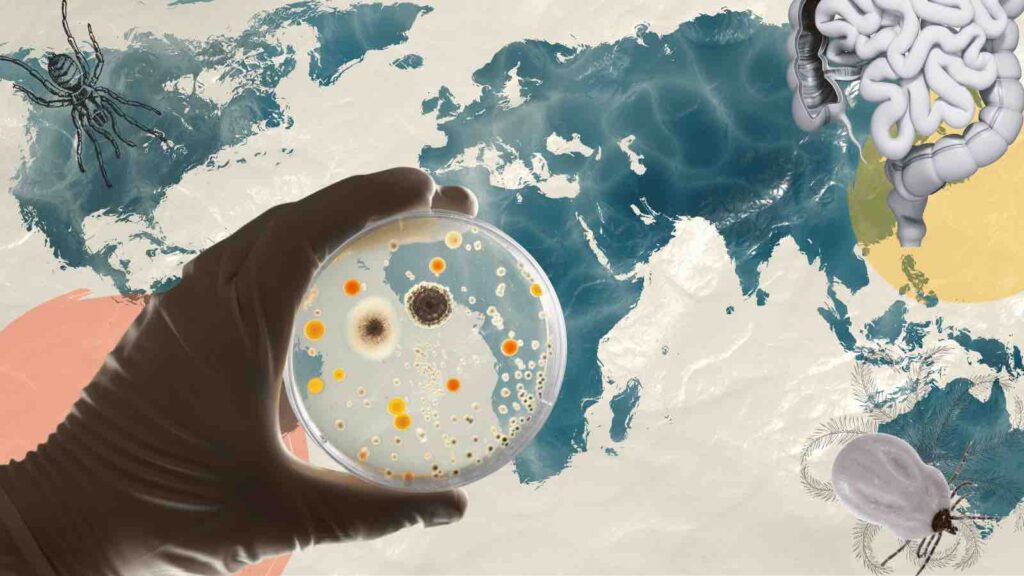Nexus of climate change and zoonatic, waterborne diseases explored discussed at DRIIV Conference
Rising temperatures unleash a cascade of dangers, including elevated risks of heat-related injuries. The landscape of disease transmission may undergo a profound shift. In the wake of climate change, pathogens – minuscule yet potent agents of illness – could embark on journeys to previously uncharted territories, sounding alarm bells among experts. The release of ancient pathogens from ice that has held them captive for millennia is a haunting prospect, as specialists caution against the unsuspected implications of climate change.
RELEVANT SUSTAINABLE GOALS



Climate Change Amplifies Threat of Zoonotic and Waterborne Diseases
The implications of our changing climate, which manifest as more frequent floods and intensified rainfall, cast a long shadow over discussions at a conference organized by DRIIV (Delhi Research Implementation & Innovation), an initiative spearheaded by the principal scientific advisor (PSA) to the government. Notable figures in the field, including NITI Aayog Member V K Paul and ICMR Director General Rajiv Bahl, underscored a pressing concern: the surge in heat-induced injuries that parallel the escalating temperatures.
A pivotal aspect under scrutiny is the evolving dynamics of disease propagation. As V K Paul articulated during the conference, the migration of pathogens to new habitats, fueled by climate shifts, presents an unsettling reality. He delved into the concept of ancient pathogens long encapsulated in icy domains, a discussion that drew attention to the vulnerability of these dormant microorganisms. Paul illuminated the intricate connection between warming temperatures and the thawing of ice, which could potentially trigger the release of these ancient pathogens, creating an additional stratum of complexity in the realm of health and climate interplay.
Throughout the conference, a clarion call reverberated for fortified healthcare systems that can adeptly navigate the challenges posed by climate change. Parvinder Maini, the Scientific Secretary of the PSA office, underscored the far-reaching consequences of climate change, including heightened risks of vector-borne diseases, the specter of antimicrobial resistance, and the transmittance of zoonotic diseases. The web of influence extends even further, affecting domains such as food systems, nutrition, water access, housing, education, and care.
Urging a comprehensive and interdisciplinary approach, Maini stressed the imperative fusion of science, technology, and innovation in countering these multifaceted challenges. A rallying cry resonated for the shared responsibility that transcends boundaries, encompassing industry, academia, government, and local bodies. In unity, these stakeholders must muster resources and strategies to collectively confront the formidable and nuanced issue of climate change.”
You may also be interested in :
Calling Health Equity Champions : Apply For The Equity Initiative Fellowship 2024


